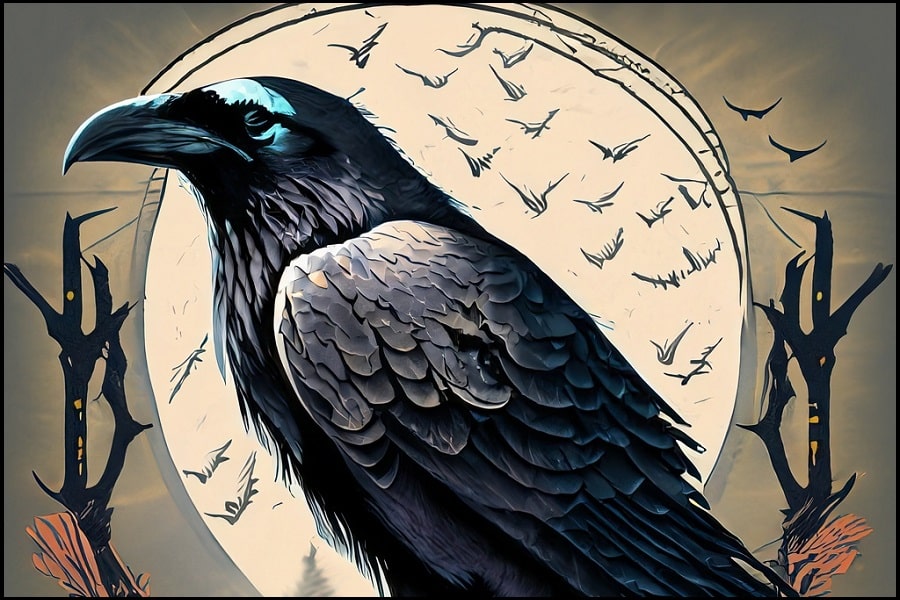
The Suspense Genre
The origins of suspense can be traced back to the Gothic novels of the late 18th and early 19th centuries. These novels, such as “The Castle of Otranto” by Horace Walpole and “Frankenstein” by Mary Shelley, featured supernatural elements and created a sense of unease and fear in the reader. Gothic novels were characterized by their gloomy and oppressive settings, as well as their emphasis on mystery and suspense.
In the 19th century, Edgar Allan Poe popularized the detective story with his tales featuring the detective C. Auguste Dupin. These stories, such as “The Murders in the Rue Morgue” and “The Mystery of Marie Roget,” were characterized by their focus on logical deduction and suspenseful twists and turns.
In the early 20th century, the thriller genre emerged with the works of authors such as John Buchan, Edgar Wallace, and H.C. McNeile. These novels, including Buchan’s “The Thirty-Nine Steps” and McNeile’s “Bulldog Drummond,” featured daring heroes and exciting action sequences, as well as elements of mystery and suspense.
The suspense genre as we know it today emerged in the 1940s and 1950s, with the rise of film noir and the works of authors such as Raymond Chandler, Dashiell Hammett, and Cornell Woolrich. Film noir, with its dark and shadowy visuals and emphasis on crime and corruption, was a perfect match for the suspense genre. Chandler’s novels, including “The Big Sleep” and “Farewell, My Lovely,” featured hard-boiled private detectives and femme fatales, while Hammett’s “The Maltese Falcon” and Woolrich’s “The Bride Wore Black” emphasized twists and turns and unexpected plot developments.
In the 1960s and 1970s, the suspense genre continued to evolve, with the rise of psychological thrillers and the works of authors such as Patricia Highsmith, Ruth Rendell, and Thomas Harris. Highsmith’s “The Talented Mr. Ripley” and Rendell’s “A Judgement in Stone” focused on the psychology of the killer, while Harris’s “The Silence of the Lambs” introduced the iconic character of Hannibal Lecter.
In recent years, the suspense genre has continued to be popular, with the rise of domestic thrillers and the works of authors such as Gillian Flynn, Paula Hawkins, and Tana French. These novels, including Flynn’s “Gone Girl” and Hawkins’s “The Girl on the Train,” often feature unreliable narrators and unexpected plot twists, as well as elements of social commentary.
The suspense genre has come a long way since its origins in the Gothic novels of the 18th century. From the detective stories of Poe to the film noir of the 1940s and 1950s, and from the psychological thrillers of the 1960s and 1970s to the domestic thrillers of today, suspense has continued to evolve and captivate audiences. With its focus on mystery, tension, and surprise, the suspense genre remains a beloved staple of popular culture.
Why We Love Suspense
One reason we love suspense is the feeling of anticipation it creates. Suspense is all about building tension and keeping the reader or viewer on the edge of their seat, wondering what will happen next. This feeling of anticipation can be pleasurable, as it activates the brain’s reward center and releases dopamine, a neurotransmitter associated with pleasure and reward.
Another reason we love suspense is the element of surprise. Suspense often features unexpected plot twists and surprises, which can be both exciting and satisfying for the audience. When a suspenseful story takes a surprising turn, it can create a sense of cognitive dissonance, or a feeling of discomfort caused by holding two conflicting beliefs at the same time. This discomfort can be resolved when the surprise is explained, leading to a sense of satisfaction and closure.
Suspense also appeals to our sense of empathy. When we read or watch a suspenseful story, we often identify with the protagonist and feel their fear and anxiety. This emotional connection can be powerful and can create a sense of immersion in the story.
Plus, suspense can be a way for us to safely experience fear and anxiety. Our brains are wired to respond to threats and danger, and suspenseful stories activate this response in a controlled and safe way. This can be cathartic and can provide a sense of release or relief.
Suspense can be a way for us to explore complex moral and ethical issues. Suspense often features characters who are faced with difficult choices and moral dilemmas, and the audience is invited to consider these issues along with the characters. This can be intellectually stimulating and can provide a sense of engagement and involvement in the story.
The reasons we love suspense are multifaceted and complex. From the feeling of anticipation to the element of surprise, and from the sense of empathy to the exploration of complex issues, suspense has a universal appeal that speaks to our deepest psychological needs and desires. As long as there are readers and moviegoers who crave suspense, this genre will continue to captivate and entertain us for years to come.
Suspense Books You Should Read
The Hound of the Baskervilles by Arthur Conan Doyle
The Murder of Roger Ackroyd by Agatha Christie
The Maltese Falcon by Dashiell Hammett
The Postman Always Rings Twice by James M. Cain
The Shining by Stephen King
The Silence of the Lambs by Thomas Harris
Misery by Stephen King
The Girl with the Dragon Tattoo by Stieg Larsson
Gone Girl by Gillian Flynn
The Woman in the Window by A.J. Finn
More Suspense Features
Is It Suspense?
How you know a suspense story for what it is
Unreliable Narrators in Suspense
The most enthralling mysteries are those that lie within us
Suspense Themes
What are some of the common themes of suspense?



